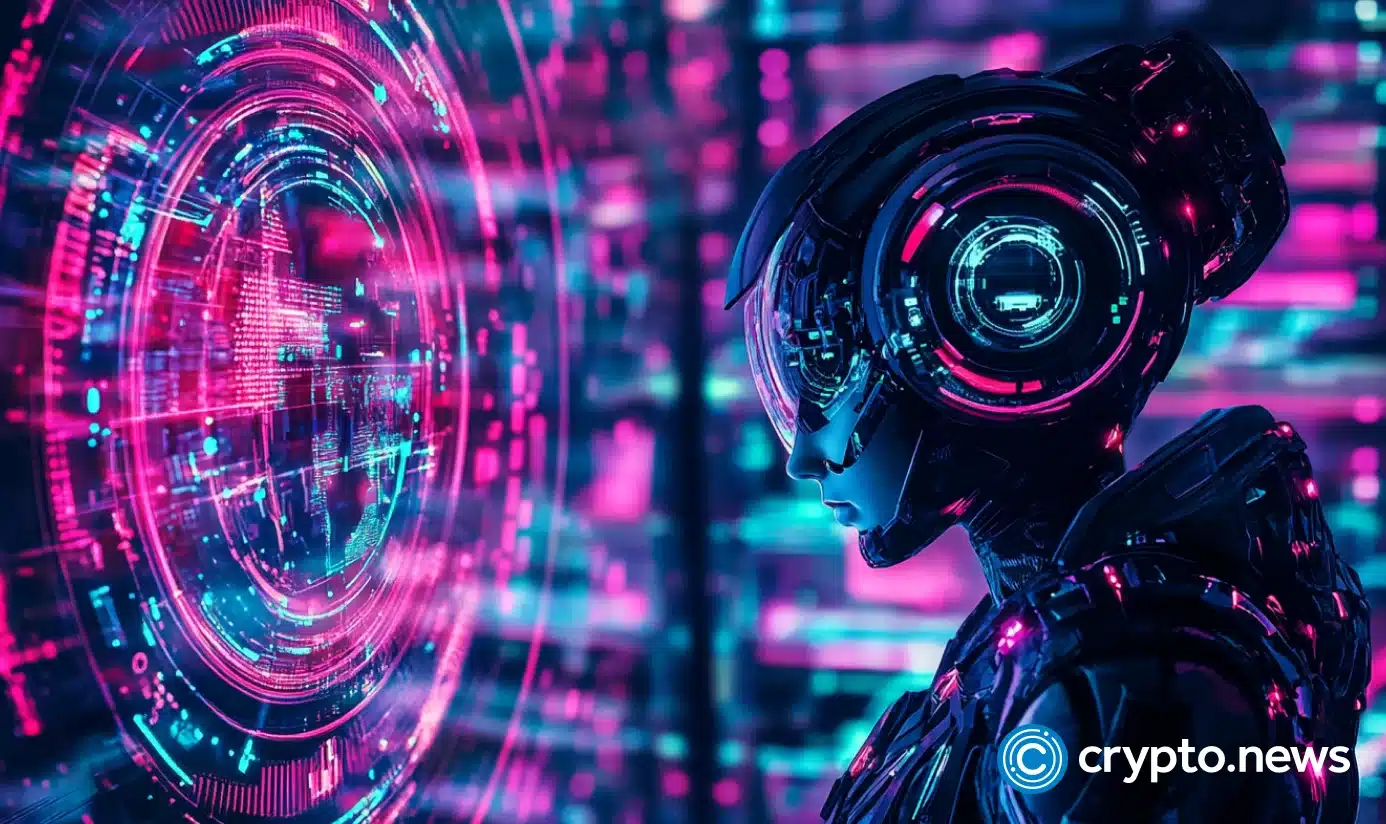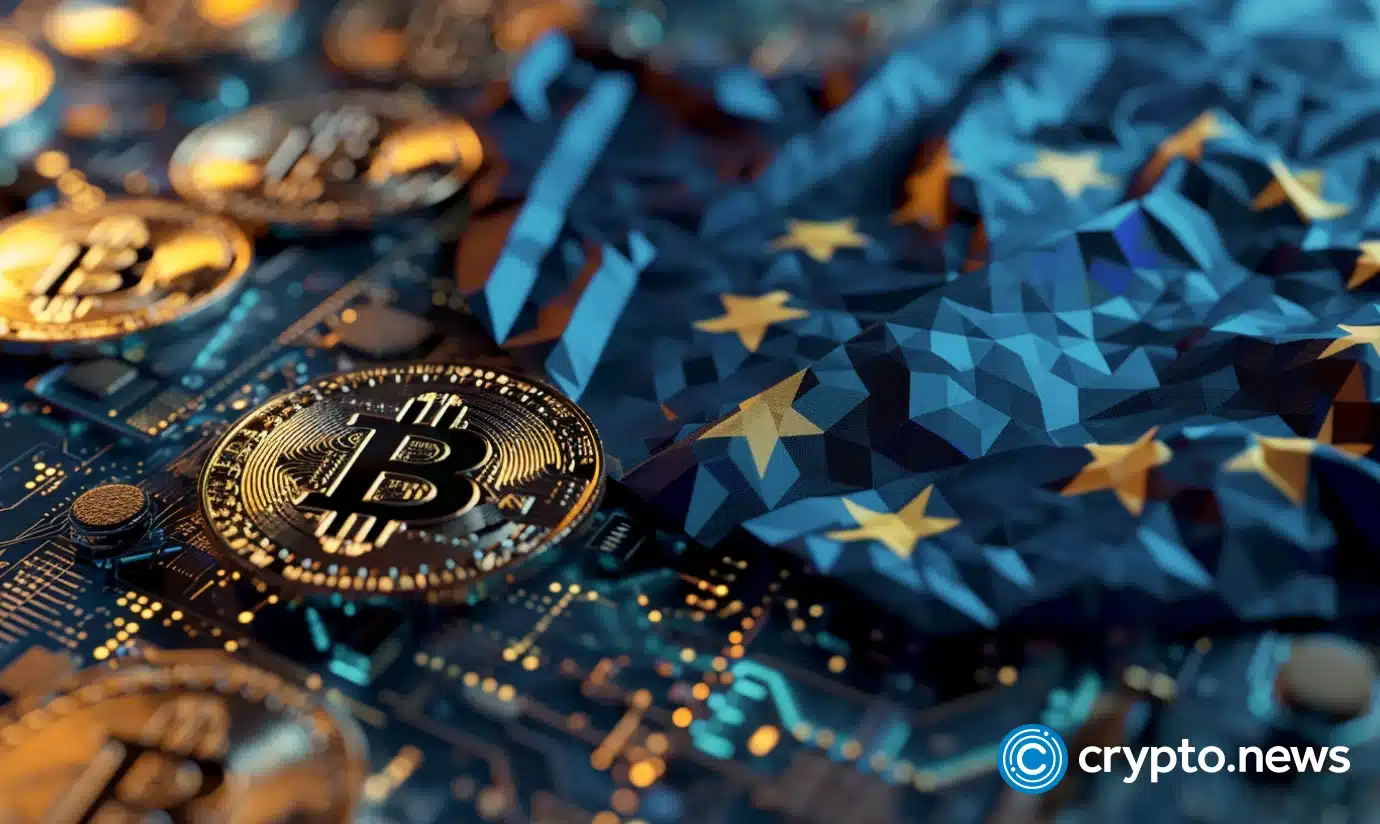
The World Network has made its formal debut in the Philippines, which is a famous nation for its widespread use of social media and AI adoption.
In February 17 AnnouncementThe WorldCoine (WLD) revealed that Filipino would soon be able to reach the World ID, a service that has already been adopted by more than 23 million people globally. World ID is designed to provide users a safe and anonymous way to verify their online identity, which ensures a safe digital experience.
Initially, after being provided at some places in Bulkan, the World ID will soon be introduced nationwide. It is estimated that the World ID Orb Verification will help Filipino to combat the increasing threat of online fraud, deepfac and misleading information. The platform promises users to help users to separate themselves from the AI-operated bots by proving their humanity through biometric scans.
This is particularly important in the Philippines, where the fraud -related fraud increased by 4,500% between 2022 and 2023. The Philippines is also an ideal market for the world network due to its strong social media presence, which is 1 rank globally. Given that almost all internet users use Facebook and many Filipinos are already using AI in their jobs, the purpose of the World ID is to provide a safe solution to protect digital identity.
Despite its ability, the development of the world network has led to disputes due to privacy concerns and collection of biometric data. The Kenai government in 2023 was the first to stop operations to violate the Data Protection Act, cited issues with informed consent and transparent data use. The world network has faced legal challenges in France, Portugal, Spain, Hong Kong, Brazil and South Korea.
Countries such as Kenya and Indonesia had the controversial practices of WorldCoins, such as its misleading registration procedures Covered By MIT Technology Review. It argued that the collection of iris scans and other sensitive biometric data can cause misuse, data violations and espionage.
The World Network has defended itself by claiming that biometric data is safely stored on users’ equipment using zero-knowledge proofs such as secrecy technologies. The platform went through a rebrand in October 2024, launched a new layer 2 network and promised to prioritize compliance with data security laws. However, concerns remain at potential risks, especially in areas with weak data security rules.



